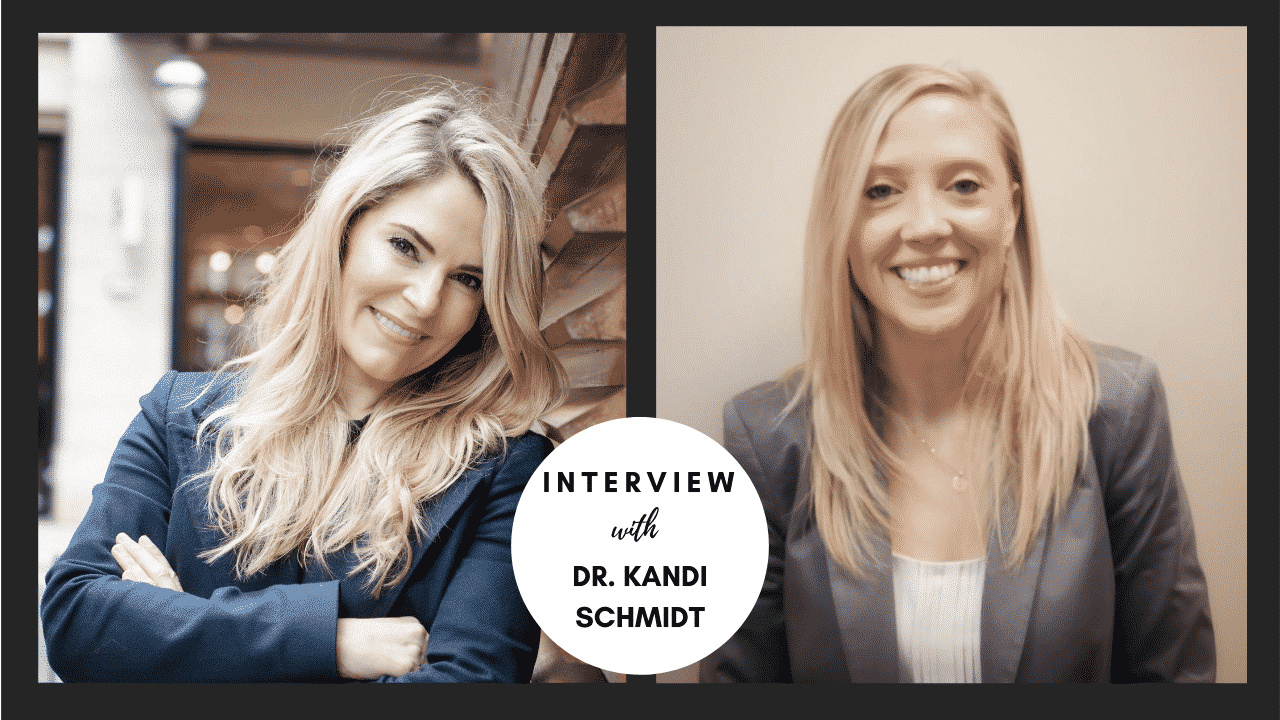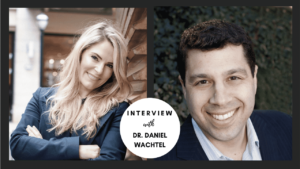As a society, we have so many unrealistic expectations for caregivers. As much as you hate to admit it, you may have even caught yourself thinking I can’t believe that she moved her father into a nursing home, or I would never have made THAT decision.
We have so many judgments about the way caregivers “should” go about providing care. This, in turn, makes caregivers less likely to ask for help and more likely to shoulder the demands of caregiving all on their own. This leaves caregivers feeling invisible and as if their needs are less important than everyone else’s. Can you relate?
What if the caregiver has chronic and life threatening illnesses of their own? How does this change the caregiving dynamic?
To help answer this question, I invited my dear friend, Dr. Kandi Schmidt on the podcast to share her wisdom about this complex situation of caring for an older loved one when you yourself have a chronic or life threatening illness.
Here’s a peek inside my interview with Dr. Kandi Schmidt:
- [05:48] Imagine having a life threatening illness so severe that you need an organ transplant. As a result, for most of your life you were cared for by your parent, and then, in a twist of fate, you find yourself in the role of caring for your aging parent…but due to your own chronic illness you can’t give back all that your loved one gave to you.
- [11:19] Dr. Schmidt describes the psychological impact of living with a chronic medical illness, yourself while caring for others.
- [13:30] Learn tips on how to communicate with those who may not understand the fact that you’re living with chronic illness and how to divvy up tasks.
- [18:15] Sometimes when one person in the family has a life threatening illness, the next generation is vulnerable to that same condition, referred to as illness legacies in families.
- [21:45] People with chronic illness are no stranger to dementia, learn more about the connection between chronic illness and dementia.
- [23:00] Dr. Schmidt shares 5 tips for caregivers who are living with chronic illnesses, themselves. Here’s one of her tips. You’re not required to set yourself on fire to keep others warm. Get more tips here.
At the end of this episode, you’ll have a deeper understanding of the complex dynamics of illness, especially when the caregiver has their own medical needs, and tips for helping caregivers navigate troubled waters by attending to themselves.
About Dr. Kandi Schmidt
Dr. Kandi Schmidt is the Director of Transplant Behavioral Health at Emory University School of Medicine and an Assistant Professor in the Department of Psychiatry and Behavioral Sciences at the Emory University School of Medicine. Dr. Schmidt specializes in the assessment and care of organ transplant patients, working with patients and their caregivers across solid organ groups including heart, liver, lung, kidney, as well as with living donors. She is also co-chair of the Patient and Family Advisory Council of the Emory Transplant Center, which works to ease the journey of the patient and family navigating the transplant experience through education, communication, advocacy and collaboration.






